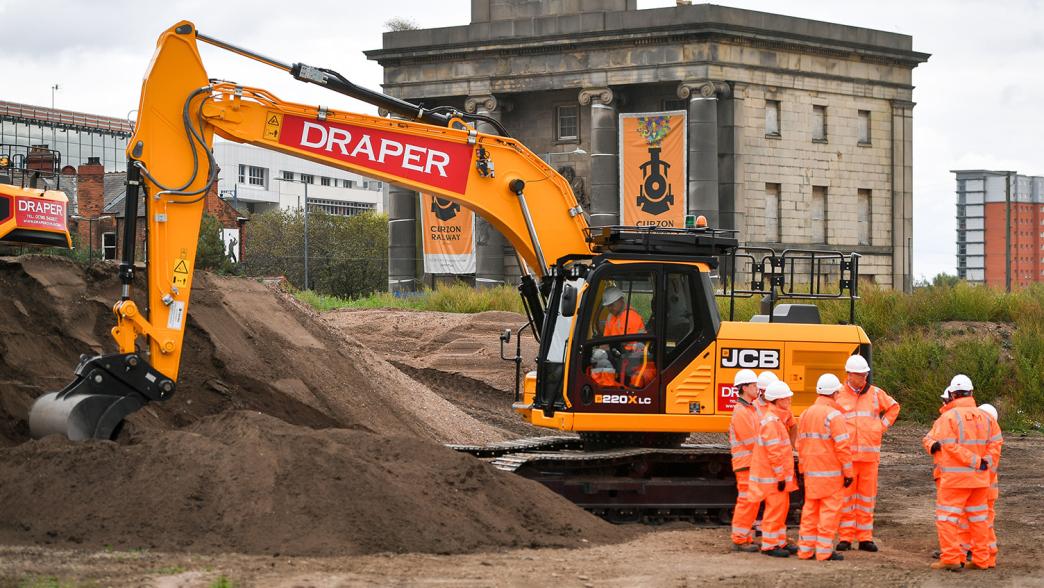Analysis paper
HS2: lessons for future infrastructure projects
How government can ensure future infrastructure spending is money well spent – and where ministers can learn from the mistakes of the HS2 project.

How government can ensure future infrastructure spending is money well spent – and where ministers can learn from the mistakes of the HS2 project.

At this event, we discussed England's transport system and how it has held up under the dual pressures of Covid and Brexit.
This short paper highlights five key challenges that any government seeking to reduce regional inequalities will need to address.
Rules governing unclear general election results are loosely defined in the UK.
Government must make managing climate change a priority.